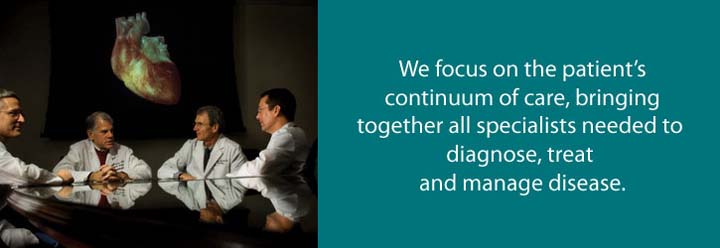According to the Centers for Disease Control and Prevention, over nine million children in the United States are now considered overweight or obese. But as more and more adults turn to various forms of surgery to deal with their obesity, the question arises whether or not the same medical procedures are suitable for children.
 Weight-loss surgery can be an effective option for some severely obese adults who have been unable to lose weight using conventional weight-loss methods. However, as with any type of surgery, there are risks and potential long-term complications.
Weight-loss surgery can be an effective option for some severely obese adults who have been unable to lose weight using conventional weight-loss methods. However, as with any type of surgery, there are risks and potential long-term complications.
Perhaps more importantly, the long-term effects of weight-loss surgery on a child’s future growth and development are largely unknown.
Some parents are convinced that weight-loss surgery may be the only solution for their child’s obesity. However, there is no guarantee that your child will get down to a normal healthy weight or keep off the weight in the long run.
Dr. Armen Ketchedjian, author of the book Will It Hurt? A Parent’s Practical Guide to Children’s Surgery, cautions against this radical approach when it comes to pediatric dieting and weight loss.Â
 “I don’t believe that this kind of surgery is necessary or practical for children,†says Dr. Ketch, as he is known to his patients. “I think that proper diet and behavioral modification are much more appropriate in this case. Teaching your child to follow a healthy lifestyle makes a lot more sense.â€
“I don’t believe that this kind of surgery is necessary or practical for children,†says Dr. Ketch, as he is known to his patients. “I think that proper diet and behavioral modification are much more appropriate in this case. Teaching your child to follow a healthy lifestyle makes a lot more sense.â€
Here are some tips Dr. Ketch recommends for parents who want to help their children lose weight and become healthier:
• Make sure the child is physically active every day
• Have the child plan and cook healthy meals with the parents
• Avoid trips to fast-food restaurants
• Stock the pantry with healthy snacks
• Avoid buying and keeping junk food in the houseÂ
Dr. Ketch’s book, Will It Hurt?, is intended to educate parents about pediatric surgery. It is an easy-to-read resource that will give parents, their children and their families the help and reassurance they need to make any surgical experience as stress-free as possible.
Listed in The Guide to America’s Top Anesthesiologists by the Consumer Research Council of America, Dr. Ketch trained at Cornell Medical Center with a fellowship at Memorial Sloan-Kettering Cancer Center and a pain management elective at Boston Children’s Hospital. He has worked to help develop new techniques in ambulatory anesthesia, taught medical students and residents and cared for more than 10,000 patients.
Dr. Ketch is also the author of the children’s book Golden Apples (winner of the 2008 Reviewer’s Choice Award), a beautifully illustrated book that aims to help educate children about the dangers of drug abuse.Â
For more information, contact the author directly at support@dr.ketch.com.
WARREN ENTERPRISES, LLC and author Dr. Armen G. Ketchedjian chose Arbor Books, Inc. (www.ArborBooks.com) to design and promote Will It Hurt? A Parent’s Practical Guide to Children’s Surgery. Arbor Books is an internationally renowned, full-service book design, ghostwriting and marketing firm.
Via EPR Network
More Healthcare press releases


